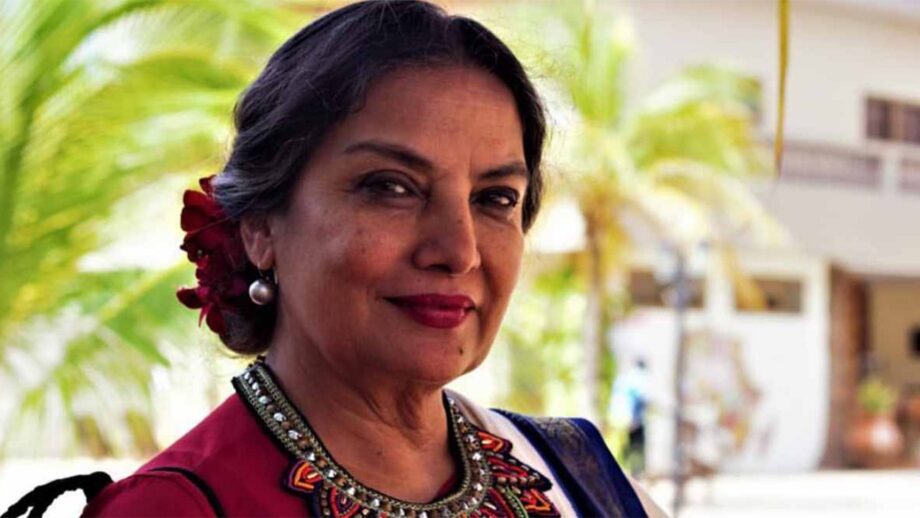Legendary Urdu poet Kaifi Azmi founded an NGO the Mijwan Welfare Society (MWS) in 1993. 28 years later Kaifi Saab’s daughter Shabana Azmi carries on the legacy. The Mijwan Welfare Society is working round-the-clock carrying out the Covid relief efforts.
Says Shabana, “We are facilitating COVID vaccination in remote villages. Facilitation here includes sharing information on COVID vaccination and breaking myths and rumors about vaccination, registration support on COVID vaccination on COWIN, c) guidance and assistance on COVID vaccination centers, transport support to those who cannot afford or are not able to move because of physical movement issue or for elderly poor ,coordination with local health authorities for vaccination ,follow-up with those received the first dose and then remind for the second dose.”
The MWS is also distributing dry ration to those who have lost their livelihood or have challenges with ensuring food for their families
Says Shabana, “We are providing dry ration support for 6 months to families who have lost their key bread earner.We also provide livelihood support by sharing information on local livelihood opportunities.We collect information on local jobs and share it with communities through our Rozgar Dhaba.
IN addition the MWS provides assistance and guidance on making or corrections of documents like Adhaar card, pan card, opening bank account, ration card, labour card and this helps the eligible community to avail different government schemes.
“We are informing communities on different COVID related government programs and schemes and assisting them in applying for it.Distributing sanitary pads to the women groups. Registering migrants at our Rozgar Dhaba ,making three-layer cloth masks-this generates employment for local artisans (especially women) and distributing it to the communities. We have distributed nearly 100000 cotton masks,” informs Shabana.
The issue of mental health, post-pandemic trauma also looms large.
Says Shabana, “Regarding mental health, of course it is a major issue.But our focus is on ensuring livelihood. So we at present are not engaged in mental health directly, but indirectly supporting families through livelihood helps many families to cope with the COVID challenges and those of survival. Challenge with us is our work is in remote villages of Uttar Pradesh and Bihar and staff rarely want to go there and connecting virtually is not that effective.”
Shabana sees a long struggle ahead. “This is nothing.So much more needs to be done. Every effort counts. Rather than talking about what’s been done, we should all be out there doing as much as we can,” Shabana signs off.

